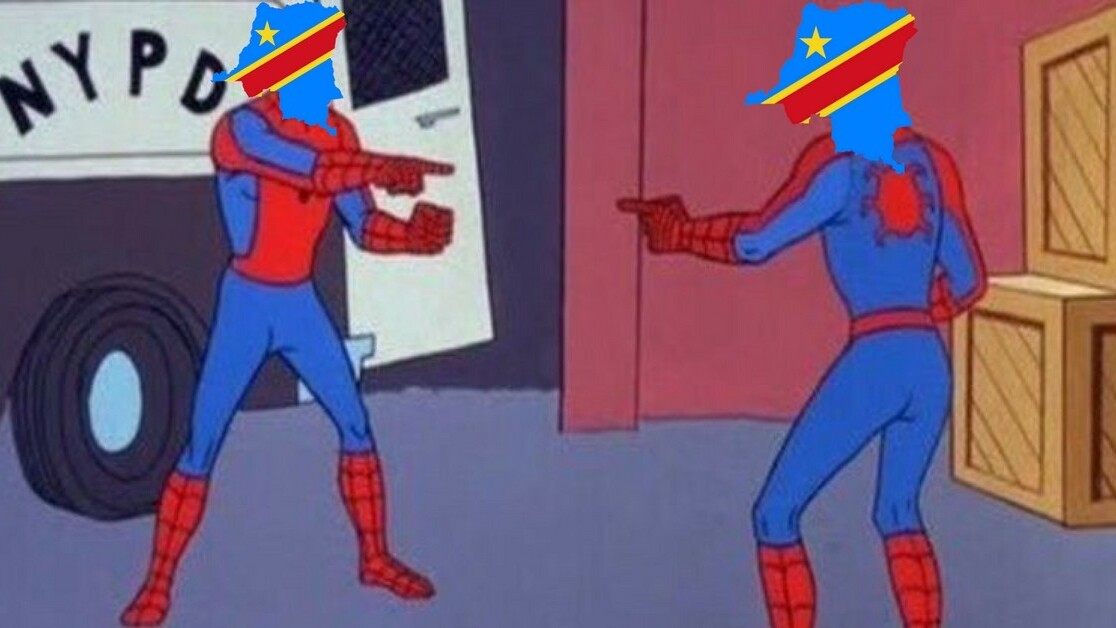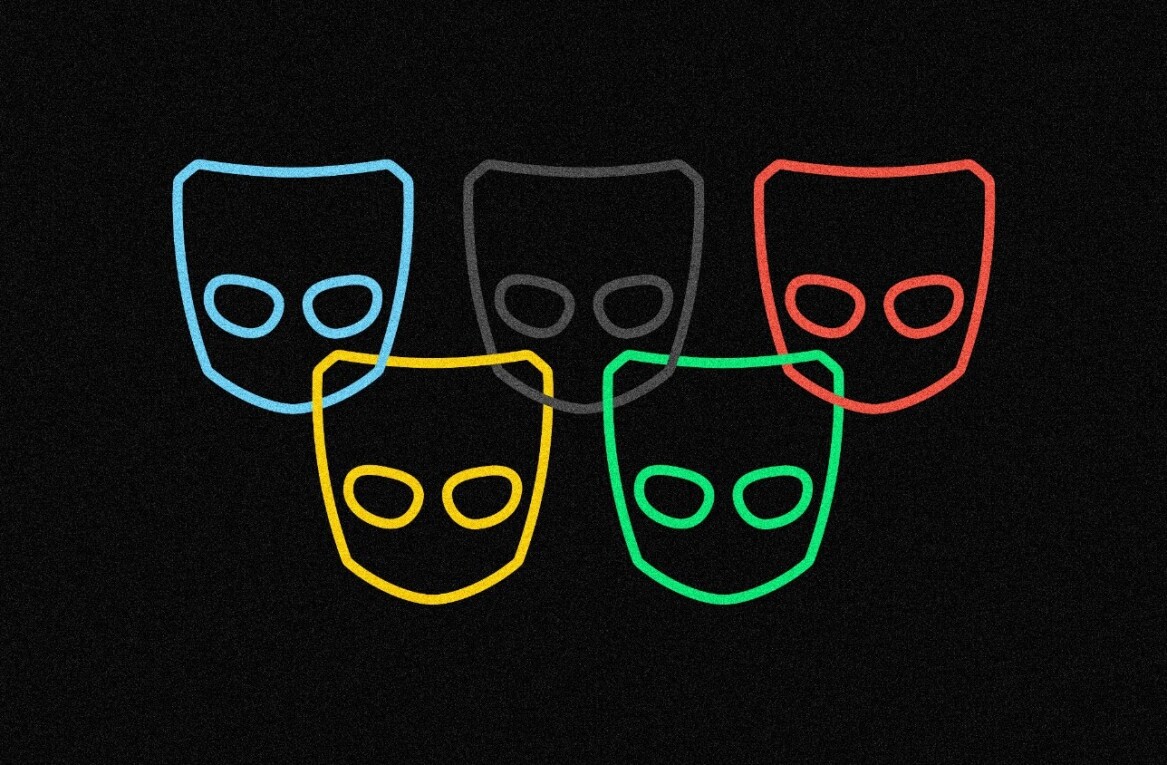
Reportedly more than five million duplicate vote records have been discovered and removed from the Democratic Republic of Congo’s upcoming elections database. This comes after a deduplication exercise involving biometric identification technology company, Neurotechnology, working directly with the DRC’s Independent National Electoral Commission (Commission Électorale Nationale Indépendante or CENI).
The exercise involved the deduplication of more than 46.5 million multibiometric facial and fingerprint voter records.
“In the voter registry cleaning process our goal is to find as many duplicates and other noncompliant cases as possible. Neurotechnology helped us achieve our goals and exceeded our expectations by starting and completing the deduplication process in record time, and they were able to identify millions of duplicates,” said Corneille Nangaa Yobeluo, President of Commission Électorale Nationale Indépendante.
According to Neurotechnology, their MegaMatcher system completed the exercise in less than two months, utilizing 11 servers for matching and identifying more than 5.3 million duplicates. More than 46.5 million voter records were collected for the DRC’s upcoming election with 10 fingerprints and a facial biometric for each voter record.
What is eyebrow-raising is that the number of voter duplicates represents more than 10% of the DRC’s voter database, a margin big enough to swing what is anticipated to be a tightly contested election.
“To create, deploy and use Automated Biometric Identification Systems at a small scale is relatively easy; complexity and major challenges appear with scale. With successful implementation of this project, our MegaMatcher ABIS and MegaMatcher Accelerator Extreme products proved to be suitable for large national scale deployments,” said Denis Kacan, MegaMatcher ABIS Product Manager at Neurotechnology.
Furthermore, as part of the deduplication exercise, more than 900,000 voter records were found as noncompliant according to voter age requirements. This will have a significant impact on the upcoming elections where DRC constituencies are represented in National and Provincial Assemblies based on their voter numbers. Both the DRC’s elections organization and Neurotechnology have reported that the accuracy of the process was verified by nearly 300 human operators who manually reviewed and confirmed the duplicates and under-age records identified by the system.
These revelations come at a time when opposition parties and civil society organizations in the DRC raised concerns not only with current President, Joseph Kabila, running again for the countries top position, but also concerns about the trustworthiness of the DRC’s electronic voting machines.
This post was originally published by iAfrikan. Check out their excellent coverage and follow them down here:
Get the TNW newsletter
Get the most important tech news in your inbox each week.





